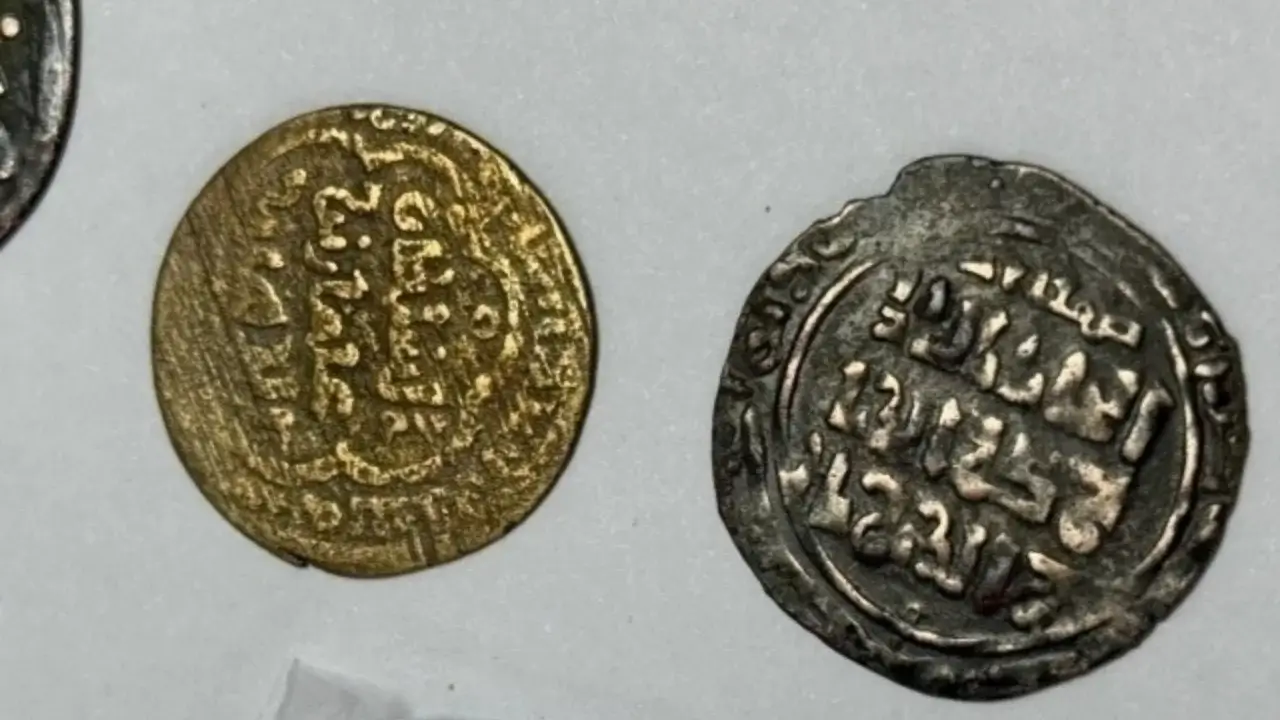A person was detained in Tashkent for trying to smuggle out ancient coins worth 400 million.

In Tashkent, an astonishing and historically significant event occurred: an attempt was detected to export ancient coins worth 400 million soms abroad, dating from the II-I centuries BCE to the XX century CE. This was reported on August 29 by the press secretary of the Customs Committee of Uzbekistan, Khusan Tangriev.
It became known that the incident took place at the "Keles" railway border checkpoint of the Tashkent City Customs Department. During an on-site inspection, a citizen attempting to secretly export historical treasures from Uzbekistan was uncovered. In particular, when inspecting the passenger’s hand luggage and bags on the Tashkent–Novosibirsk train, customs officers discovered 325 ancient coins, jewelry, various artifacts, weights, and arrows, which had not been declared previously.
Customs officers reported that among these items, 210 coins can be considered a unique collection reflecting almost all the states that existed in the history of Uzbek statehood. This emphasizes the historical value and importance of the finds.
According to the conclusion of the Art Expertise Department of the Cultural Heritage Agency of the Republic of Uzbekistan, the discovered ancient items cover the period from the II-I centuries BCE to the XX century CE. All these items are recognized as not only historically but also culturally valuable, and their total estimated value is nearly 400 million soms.
It is noted that the seized 325 items have been temporarily transferred to the fund of the Uzbekistan Islamic Civilization Museum. This case once again demonstrates the measures taken in the country to ensure the security of cultural treasures and prevent their illegal export abroad.
According to the legislation of the Republic of Uzbekistan, the export of cultural valuables older than 50 years is prohibited. In accordance with the Law “On the Export and Import of Cultural Valuables,” the Customs Committee has state authority to regulate the export and import of cultural valuables and is obliged to detect and prevent attempts of illegal export.
This case demonstrated not only the significance of historical coins but also the importance of protecting the national cultural heritage.
Read “Zamin” on Telegram!




















